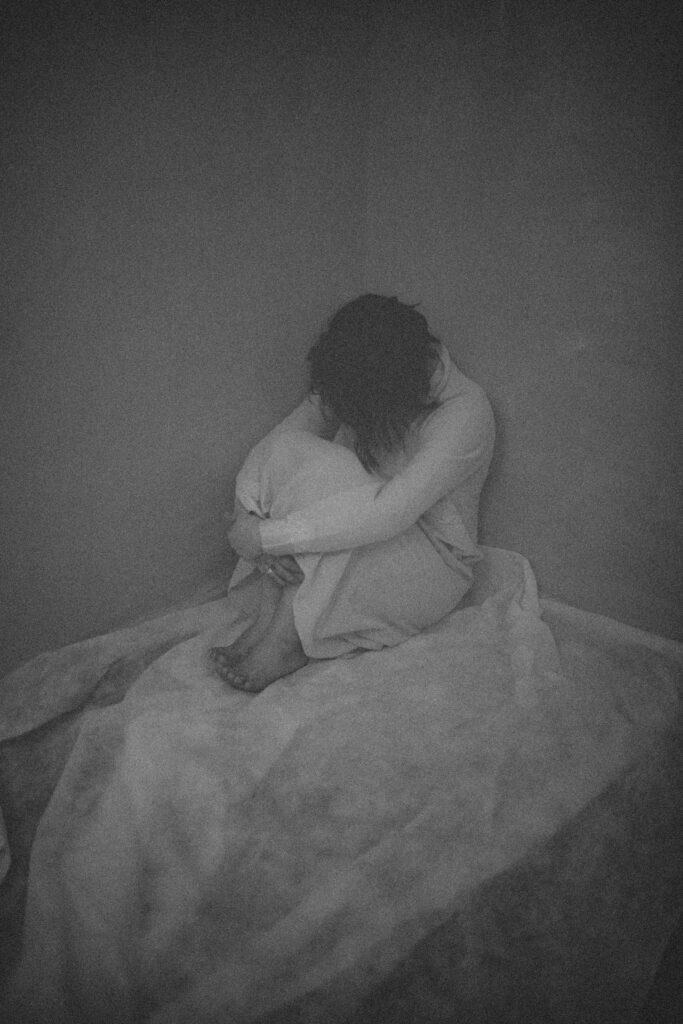What Kind of Changes in Mood Can You Have?
Most people maintain a fairly stable mood which may be slightly positive and upbeat and for others perhaps a bit pessimistic and cloudy. Everyone experiences deviations from their default mood often through any given day or week. We all experience momentary highs and lows based on things happening to us each day or news we hear about others. Typically, people revert back to their baseline in minutes to a couple hours. These normal shifts in mood are nothing to be concerned about and are what gives our lives some color and makes it interesting. When someone is slumping into feeling sad and down for many days or even weeks, this may be reason for concern. Moods could also shift toward feelings of guilt or worthlessness or take on an anxious and worried stance. When such changes are not reverting to your normal baseline, this may be indicative of some mental health issues and action may need to be taken especially if things are not gradually getting back into normal alignment.
What Possible Mental Health Issues Could be Emerging?
Often the symptoms you experience and changes in mood that are occurring can be indicative of specific mental health problems. On the more obvious side, if a person is feeling down, depressed, sad, and their self-esteem is suffering; there is a good chance that they may be falling into a clinical depression. Similarly, when a person is feeling anxious, worried, dwelling, and ruminating; they may be developing an anxiety disorder. Other mood changes can be more subtle or even confusing. Those experiencing extreme mood swings could be at risk for bipolar disorder especially if this is emerging between age 16-24, which is a common onset period, and if there is a family history of bipolar disorder. Other mood changes could be a product or symptom of substance abuse issues. Irritability, defensiveness, or abnormally euphoric moods could suggest some chemical abuse occurring. Some mood changes may be more acute and could stem from temporary stressors such as divorce, loss of a loved one, or possible traumatic experiences and events that the person is struggling to reconcile with.
What Should I Do if these Mood Changes are Occurring?
The first thing to do is take stock and inventory. Mood changes are a symptom, and most symptoms can be traced to a source or cause. You may need to reflect on the last few days, weeks, or months to examine if anything significant has changed in your life. This could be relationships, work, situational stressors, legal or financial problems, or even medical issues. If you can identify some stressors that may be driving them, then you need to look at how effectively you have been dealing with them. Have you been ignoring, minimizing, stuffing, denying, downplaying, or escaping? If so, you may need to look at new and alternative approaches to coping. Friends and family may also have some insights into what they are observing with you and even suggestions for things you might try. If you are stumped, stuck, or just not making progress with some of the things bothering you, then may need to look at getting some professional help, direction, and treatment.
If you are interested in talking to a professional to help you through some issues or changes in mood and would like to meet with one of our therapists or psychiatrists, feel free to contact IPC so you can schedule an appointment. Please call us now at 763-416-4167, or request an appointment on our website: WWW.IPC-MN.COM so we can sit down with you and complete a thorough assessment and help you develop a plan of action that will work for you. Life is too short to be unhappy. Find the peace of mind you deserve.
To get more great resources, sign up for our newsletter, like us on Face Book, or follow us on Twitter.
Innovative Psychological Consultants
Peace of Mind You Deserve
Schedule An Appointment
"*" indicates required fields


